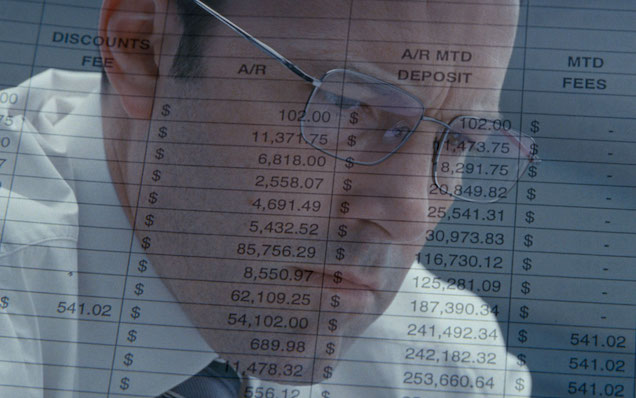
Now that every man and his dog seem to be involved in cryptocurrency, the ATO has started exploring ways to make sure they’re all paying their fair share of tax.
The taxation overlords say they’re working with a number of external parties to ensure a fair outcome is reached for all parties. These include tax experts, lawyers, tech specialists, and banking and finance advisers. The “external consultations” will take the form of a workshop conducted in February.
“This meeting will explore common queries from clients, practical issues and the tax implications arising from current cryptocurrency transactions and anticipated developments,” an ATO spokesperson said.
“The creation, trade and use of cryptocurrencies is a rapidly evolving area. The ATO is continuing to work proactively both domestically and internationally to identify and respond to any issues related to the tax implications of cryptocurrencies, whether as a result of new types of transactions, new structures or new participants entering the increasingly digitised environment.”
Cryptocurrencies aren’t currently recognised as a form of money or foreign currency in terms of Australian taxation, but rather an asset liable to capital gains tax, similar to, say, property.
The advice given by the ATO is to (as always) keep records of everything. If you’re one of those with a case of the crypto crazies, make sure you hold records for the amounts transacted (in AUD), the dates of transactions, what they were for, and the other party involved. Pretty standard stuff.
“Generally, there will be no income tax or GST implications if you are not in business or carrying on an enterprise and you simply pay for goods or services in Bitcoin,” the department says. In other words, if you’re using crypto as personal currency, there’s no difference in GST.
“Where you use bitcoin to purchase goods or services for personal use or consumption, any capital gain or loss from disposal of the bitcoin will be disregarded provided the cost of the bitcoin is $10,000 or less,” the ATO guidance says.
While folks already pay capital gains on crypto earnings, new regulations will likely bring the digital currency in line with traditional investments. Last year, the ATO introduced amendments to the Anti-Money Laundering and Counter-Terrorism Financing Act, as well as removing double taxation.
At the end of the day, if you’re getting into crypto investing, it’s always important to keep an eye on any changes to rules and regulations to make sure you don’t get stung.



